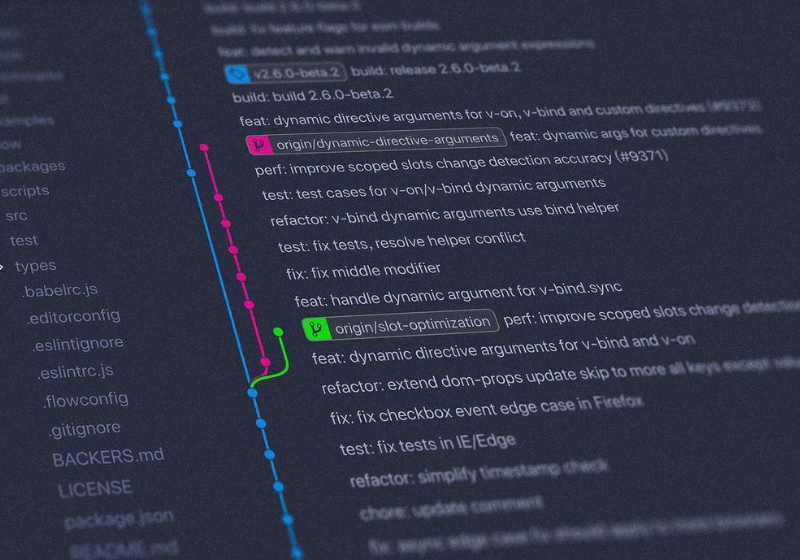Getting Started with Open Source

Open source projects are the heartbeat of the tech community, providing an avenue for collaboration, learning, and contribution. If you're a beginner looking to step into this dynamic world, this guide will walk you through the essential steps to get started.
Why Open Source?
Before diving into the "how," let's briefly explore the "why." Contributing to open source offers a myriad of benefits:
-
Skill Enhancement: Working on real-world projects hones your coding skills and exposes you to diverse technologies.
-
Community Engagement: Joining open source communities connects you with like-minded individuals, fostering a supportive environment for learning.
-
Resume Booster: Open source contributions serve as valuable additions to your portfolio, impressing potential employers.
Getting Started: Step by Step
1. Understand the Basics:
- Familiarize yourself with version control systems, especially Git, as they are fundamental to collaborative coding.
2. Choose the Right Project:
- Start with projects aligned with your interests and skill level. Websites like GitHub make it easy to discover projects with labels like "beginner-friendly."
3. Explore the Codebase:
- Spend time understanding the project's structure, read documentation, and analyze existing issues to identify areas where you can contribute.
4. Set Up Your Development Environment:
- Follow project guidelines to set up your local development environment. This typically involves installing dependencies and configuring your tools.
5. Make Your First Contribution:
- Begin with small, manageable tasks like fixing typos or documentation improvements. This helps you get acquainted with the contribution process.
6. Engage with the Community:
- Join the project's communication channels, such as mailing lists or Slack channels. Actively participate in discussions and seek guidance when needed.
7. Accept Feedback and Iterate:
- Embrace feedback from project maintainers and other contributors. Use it as an opportunity to refine your skills and understanding.
8. Gradually Tackle Larger Tasks:
- As you gain confidence, gradually take on more complex issues and feature implementations. This progression is key to your growth as a contributor.
9. Document Your Contributions:
- Keep a record of your contributions on your GitHub profile. This serves as a portfolio showcasing your skills and dedication.
10. Pay It Forward:
- Once you're comfortable, help other beginners by sharing your experiences and insights. The open-source community thrives on knowledge-sharing.
Conclusion
Getting started with open source might feel daunting at first, but with patience and dedication, it can become a fulfilling and enriching part of your development journey. Remember, the key is to start small, stay engaged, and enjoy the collaborative spirit of the open-source community. Happy coding!